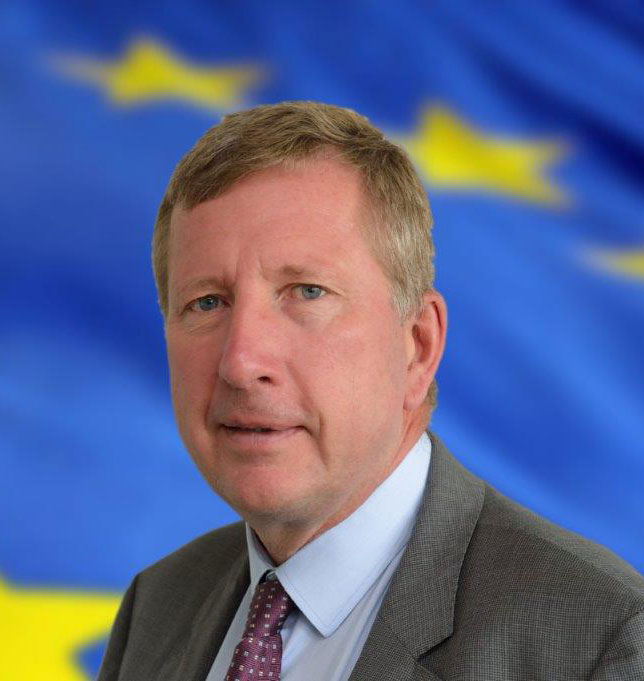HERA: Getting ready for future health emergencies

date: 24/09/2021
Why is HERA needed?
The last decade has seen some of the deadliest outbreaks of infectious diseases, including influenza, Ebola, the Zika virus, and, of course, the COVID-19 pandemic that has upended our social and economic lives and placed huge pressure on our health services.
The age of pandemics is here. To face this, we have drawn invaluable lessons over the past 18 months to ensure we are equipped to deal with similar health crises in the years to come.
I don’t like to dwell on the ‘what ifs’ of life but had we had the expertise and know-how of a HERA as the 2020’s dawned, many lives would have been saved. Although we cannot change the past, we can ready ourselves for any future threat. At its core, this is why HERA is here today.
HERA will also allow the EU to play a bigger role in shaping how the global community responds to emergencies following COVID-19, and we must be at the heart of this change– leading the way.
What roles will HERA play?
HERA’s mandate will be to strengthen EU health security coordination, to face up to future health threats to our Union and as effectively and quickly as possible, in a common effort to prevent health crises and to swiftly and effectively respond to emerging or full-blown crises when, and if, they do arise.
HERA will operate in two modes, the first will be in preparedness the second will be in crisis. During each, it will have the budget and tools it needs to act as a shared resource and operate as a mission control centre for health emergencies.
In practical terms, HERA will strengthen preparedness by first identifying and making sound investments in the development, manufacturing and stockpiling of medicines, as well as in the training of national experts, in order to face new public health emergencies with confidence.
In the event of a public health emergency at EU-level, HERA can shift into ‘crisis mode’ using the full scope of it powers to make swift decisions and implement emergency measures to get ahead of a developing situation. The emergency phase will make sure key medical countermeasures are deployed rapidly and effectively. These include purchasing the right medical equipment and getting the right medicines to the right areas as quickly as possible - similar measures that were enacted during the COVID-19 pandemic on an ad-hoc basis However, through HERA, such actions will be deployed on a systematic basis catered to the situation at hand.
As well as this, HERA will also work closely with our international partners to strengthen preparedness and response at global level, making sure that countries around the world are capable of producing vaccines, medicines and medical supplies in times of need. As we all know too well, a health emergencies that affects one part of the world affects us all.
How will it work alongside existing EU health agencies and other partners?
The European Centre for Disease Prevention and Control (ECDC) and the European Medicines Agency (EMA) played a vital part in the EU's response to address the pandemic and I take this opportunity to salute the valiant efforts of both agencies. But these need more than praise, they need real support. That is why, already back in November 2020, the Commission put forward proposals to reinforce their mandates as part of our Health Union package.
Strengthening the ECDC and the EMA will help the EU be better prepared for cross-border health threats.
However, we must go further. This is where HERA comes in- it will focus on crisis preparedness and response and enjoy the financial firepower of €6 billion, with an additional €24 billion available from other EU programmes, to act swiftly in times of need. In doing so, it will work in close and constant collaboration with EMA and ECDC, among others.
Member States will also be closely involved in HERA as will industry, civil society and academia as well as with the future European Chief Epidemiologist and a group of leading national epidemiologists. This represents a truly collaborative effort to ensure Europe’s common preparedness.
What are the next steps?
HERA is now in a development stage until it will be fully operational by early 2022. The Council will now have to adopt a new framework for emergency measures that HERA can then call upon during future emergencies.
I am proud that my team and I are already working to make sure HERA can do the job it was created to do - to protect our Union from future health crises.
For more information on the European Health Emergency preparedness and Response Authority, please visit: HERA: getting ready for future health emergencies
